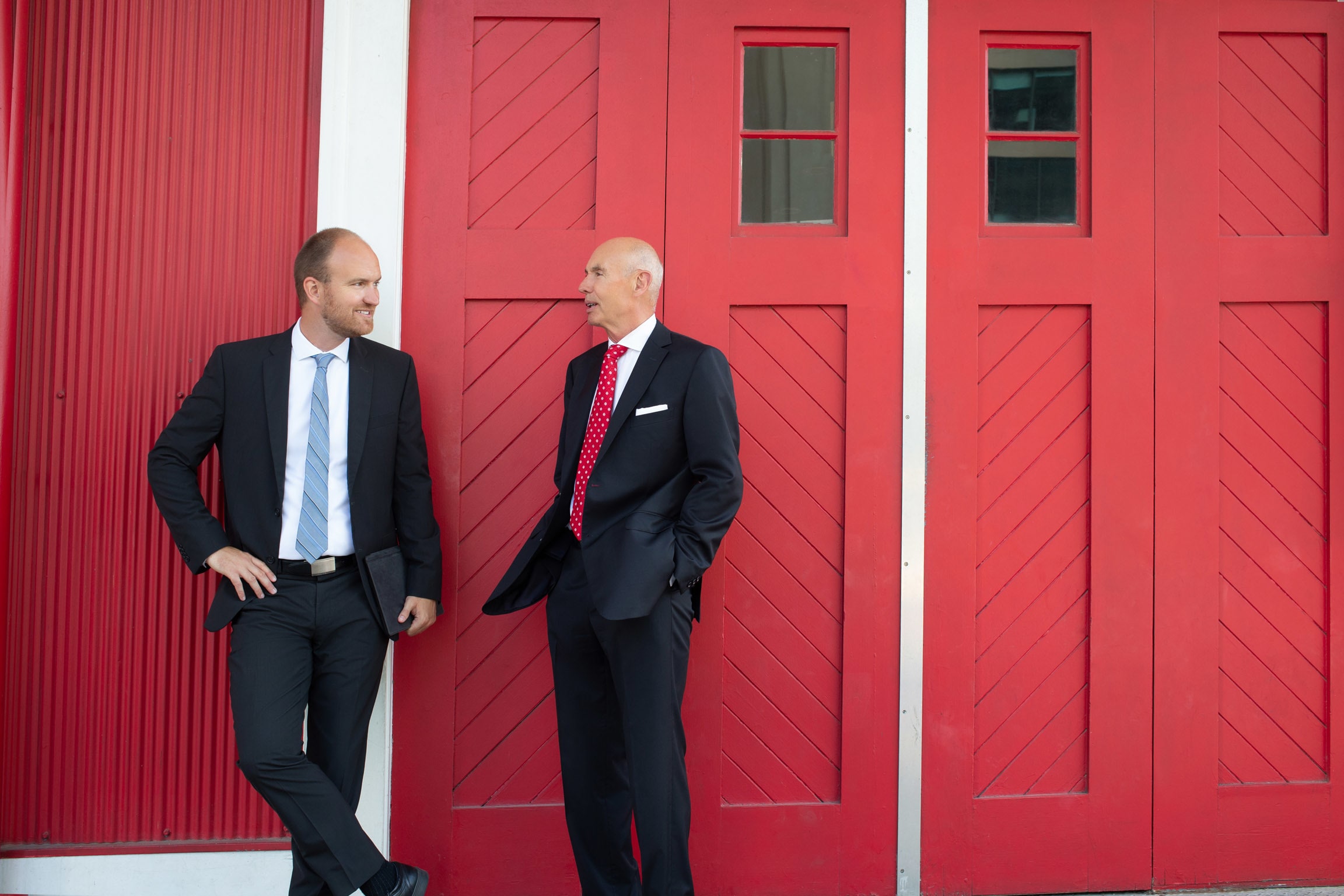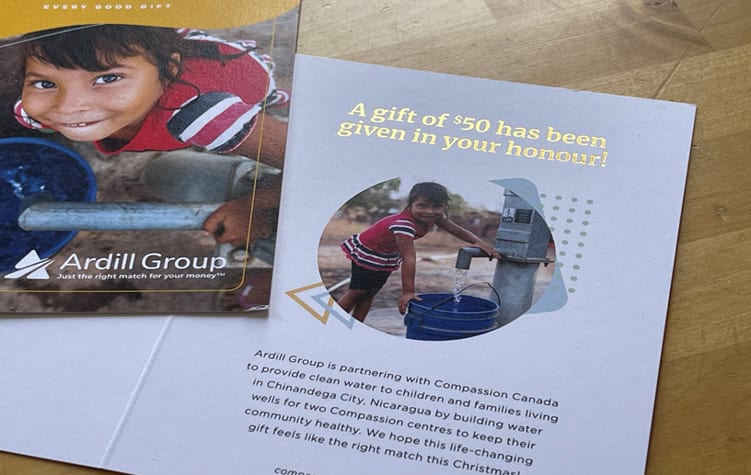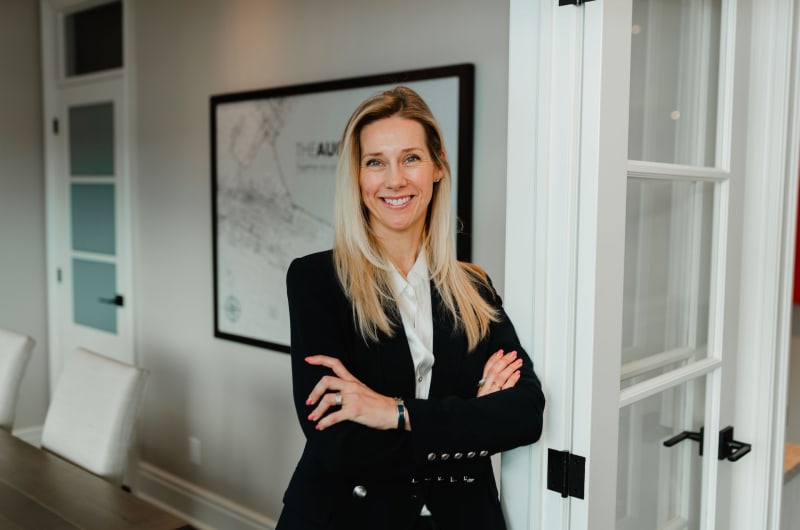At Compassion, we love partnership. Our programs operate in partnership with local churches in the countries where we serve, and we create bridges of partnership with individual supporters, churches and even businesses here in Canada.
Partnership looks different in every situation, but for our long-time supporter Ian Ardill partnering with Compassion has become an important part of how business as usual happens! If you’re wondering what a business partnership with Compassion might look like or how to make your faith and values part of how you serve your clients or customers, this interview is for you!
CC: Ian, tell us a bit about who you are and what you do.
IA: I’m Ian Ardill. I am a father of three, married for almost eighteen years, and I love Jesus. I love serving in my church. When I answer a question like ‘who are you’ I think I just try to be faithful in whatever God’s put in front of me. I feel like I was led down the path of business to the place where I am now. My title is CEO of Ardill Group, which means I get to work with business owners and help support them in their investments and overall tax structuring.
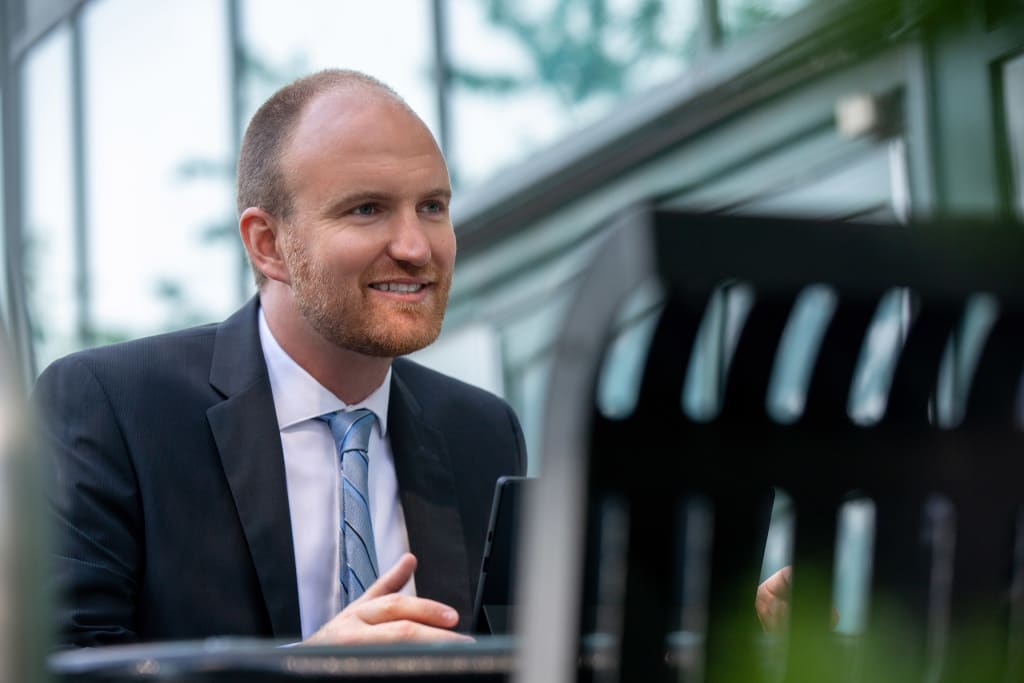
Ian Ardill, Private Wealth Advisor and CEO, Ardill Group.
CC: You haven’t always been working in the business sector. Can you share a little more of your background?
IA: Sure. So I have some formal education. I have a BA in intercultural studies and a Master’s in Theological Studies too. I was very interested in missions, and as I tried to figure out how to fund some of the ministries I wanted to be involved in, I found I really enjoyed the entrepreneurial space. So that led almost by accident into the world of church planting. I was a church planter in Aurora, Ontario and loved it. I served in full-time vocational ministry for 15 years. Planting a church was one of the greatest privileges of my adult professional life.
At a certain point, I felt led to make a change while remaining active within the church I started. I began down the path of developing my career in business. Eventually, I made a full transition to take over my father’s business within the financial services sector.
CC: Why is it important to you that you are giving back and have a sense of corporate social responsibility? How do you decide where you give donations?
IA: It is really important to me, yes. I think it comes from a place of really wanting to make an impact for the kingdom first. What we have has been given to us by God, and it has a purpose. Profit isn’t the only reason we exist as a business. I want to be a good steward not just in my personal life but also in my business. So in my business, I look for opportunities that reflect this.
With my own personal resources in life, I want to make sure that investments are performing well. When I think about the kingdom of God, I also want to make sure that I’m making the greatest impact with every dollar I give. I want to know the money is being handled in the most effective and responsible way possible and that results are tangible.
For me, I really believe that Compassion is just exceptional in terms of stewarding resources. If I look at the numbers, more than 80% goes right to the work. If I look at other organizations, whether government or other, Compassion is unbelievable in terms of money that is used on the ground. So if people ask me why I choose to give to Compassion, that’s my personal reason.
CC: As a former church planting pastor, what does it mean to you that Compassion partners with local churches? Why is this important to you?
IA: Absolutely—when a child is sponsored, it’s not just the child that benefits. The sponsorship model blesses the local churches and the whole community. The transformation is really powerful. The ripple effects extend to the family but also the whole footprint of that church and all its ministries. The church can now preach the gospel but have the ability to live it out holistically—there is the teaching but they also get to serve a hot meal or whatever is needed, being an agent of change for the community in which that church and Compassion centre is located.
CC: What does supporting Compassion look like for your business, and what does a partnership look like in that context?
IA: Well, I think it really started when I looked at our client appreciation events. We used to bring in a little band and have hors d’oeuvres and what have you. We wanted to have a nice night with our clients, but COVID put a stop to all that. We used to also do Christmas gifts. It’s very common in the financial industry, for example, to send a bottle of wine to your clients. I made a choice to do something else instead, so we did nice mugs one year and things like that. But we thought, What could we do instead with these same dollars that would be a meaningful gift to our clients at Christmas but is also reflective of good money management? The way we deploy money as a gift needs to match our brand as excellent operators in a financial advisory practice.
So for us, that translated into choosing to give to Compassion. Over the last two years, we’ve been able to give $10,000 to provide clean water for children. We give a Christmas card to our clients, naming the gift we’ve given on their behalf.
CC: Compassion offers a range of giving options, such as our Gifts of Compassion catalogue. Tell us more about the Christmas cards you send out.
IA: I love sending out Christmas cards, and I’m very intentional with the design and how I do it. We want our clients to know that, as a company, we’re giving money toward clean water. On the cards, I’ll include the Compassion logo and “in Jesus’ name.” Partnering with Compassion lets me share something with my clients that is important to me and it also communicates what kind of business we operate. We have a purpose.
CC: What has the reception been like from your clients to these Christmas gifts?
IA: It’s actually amazing—I’ve never had any negative response, only positive. A part of you wonders if someone will have a problem with what we’re doing, but the response I’ve been getting has been outstanding both from people from a faith background and people from a non-faith background. People actually thank me for giving a gift like that. They know they are participating in something bigger. They know our gifts have built wells and changed communities, and they feel a part of that. So it makes your clients feel good.
CC: What would you say to someone who was curious about being a strategic partner with Compassion? What benefits for a business are there?
IA: Well, I would say that there are lots of businesses that give back to their community or choose to do something beyond just operating their business. When you go into a dental office, auto shop, plumber or other business, you could see on that wall either advertisements or artwork. But if, instead, you see pictures of the soccer teams they sponsor or the community events they are a part of, there’s something different about that experience. You can see that for some businesses, there is more than just the purpose of providing for your family and putting food on your table—they value something else too.
For me, I want to provide excellence in financial services but also make an impact. I had to ask myself, What does that impact look like, and how are you going to do it?
So for me, partnering with Compassion was perfect. They allowed me to see valuable things accomplished. Compassion gave me a beautiful opportunity to invest in the Kingdom in a way I don’t believe I would have been able to with another organization.
I love working with the team at Compassion because they are so professional and proactive in supporting me and what my goals and objectives are as a business. I can choose where to give and what projects we fund. They ask me, “Hey, what do you need from us to make this impact of value to you?” and I just appreciate that.
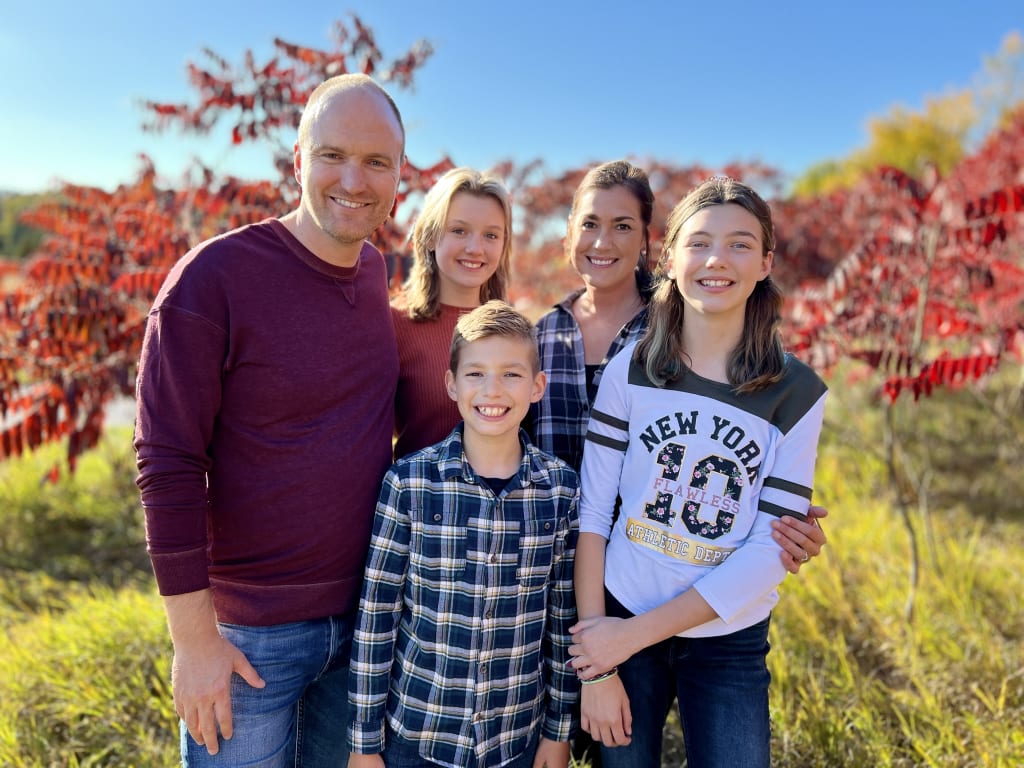
Ian and his family.
CC: How does being a follower of Jesus inform how you choose to engage with corporate social responsibility?
IA: There is an endless cycle of needs around us in this world. Yet, Christ calls us to respond in faith in a tangible way. James 1:27 comes to mind: Pure and genuine religion in the sight of God the Father means caring for orphans and widows… this authentic faith is caring for those living in poverty. Whether individually or corporately, we have a fundamental calling to respond.
CC: What would you want to say to encourage other Christian business owners to consider a partnership with Compassion?
IA: I think if I could say communicate one thing to other business owners, it’s that whether it’s Compassion or somewhere else if you are a Christian, you should be giving back in your business. Your business life and your personal faith life are not separate, they can be integrated. And something like a partnership with Compassion lets you do something tangible and lasting, live out your faith and help your clients feel good working with you.
Showing up a Christian in my workplace doesn’t mean I hold prayer meetings with my clients. What it means is that every day, in every single interaction, I am called to live out who I am in Christ. So giving is something I do. And when I give, I want to leave a legacy and show something for it. I choose to give to Compassion because I can give to those who need it in a way that is combined with my faith. It’s a way I can show my faith in a way that is authentic and genuine.

